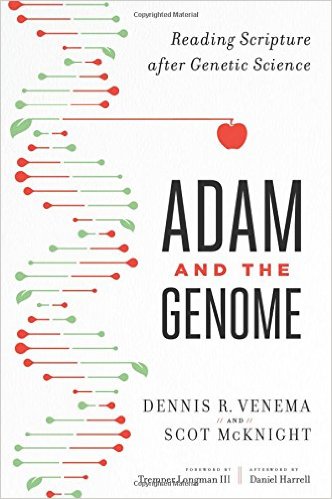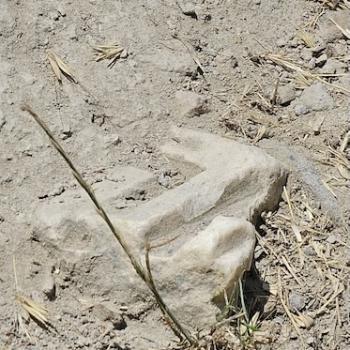The Afterword does not need to be reviewed as it offers nothing to the argument, it simply cavalierly says ‘don’t worry, be happy’ it doesn’t matter if there was a historical Adam and a historical origin to human fallenness. Yes it does matter, it matters if the Biblical authors think and say it matters. It even mattered to Jesus who said that marriage is an idea that God came up with ‘from the beginning’ and involved the first couple, Adam and Eve (Mt. 19;Mk. 10). The Biblical religion is irreducibly an historical one, grounded in history from start to finish. The theology of Christianity grows out of the historical situations, circumstances, events. It is not a building of theological castles with no historical foundations, whether we are talking about the creation of the human race, its fallenness or its redemption.
As a final comment, I do honor Scot and Dennis’ attempt to have a meaningful engagement between science and Biblical theology. This book does an excellent job of having a respectful presentation, teasing the mind into active thought. And I think their aim is noble, to rescue various Christians students from a fundamentalist approach to either of these subjects. What this book is not, however, is a meaningful dialogue and debate between Venema and McKnight about what each other says.
Sometimes one‘s urgencies leads one to argue in a way that goes beyond the evidence and indeed even against the Biblical evidence in particular. And I’m afraid this has happened in this book on several counts. ‘Let the reader understand’ that these things are complex, and equally devout Christians can come to very different conclusions on such matters.
But as for me and mine, we will continue to insist on a real historical Adam, a proper doctrine of creation, on humans being uniquely in the image of God, on universal human fallenness whatever the mechanism by which it happened, and on all of that as the precursor to our redemption in Christ. I’m not prepared to say ‘felix culpa’ but I am prepared to say Adam and human fallenness matter to Christian faith. The rule of parsimony, that all other things being equal, the least elaborate theory which seems to best explain the facts is most likely to be true, is often a good one. The least elaborate theory is that science is true up to a point in regard to all things empirical and the Bible is also true in what it asserts about history, theology and ethics. It does not teach science. How we get those truths together, or to talk with one another is a conversation for another day, but this book is a good prompt to such a conversation. I would hope that next time we would have less urgency to try and minimize the historical character of the Bible and more urgency to ask hard questions about the globalizing of materialistic scientific theories.













